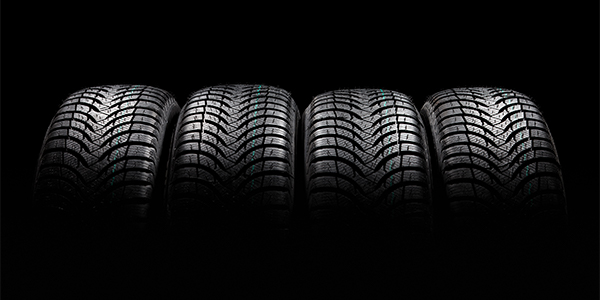Tyre companies will need to invest “millions of dollars” in tech spending as India’s auto industry shifts towards electric vehicles which have zero noise and vibration, much higher torque and are much heavier than petrol or diesel vehicles.
Tyre companies are upping their R&D spend as they get ready to not only tweak existing tyres for EV but also make ground-up new products for the born electric lineups being developed right now.
R&D spend has been ramped up already but more will come as the EV shift happens by 2030. “EVs are heavier so the weight-carrying capacity of the tyre has to be better. EVs have faster pick up so tyre wear and tear are higher. EVs are also silent, so the tyre noise will need to be brought down substantially. Rolling resistance will need improvement as tyres will impact battery consumption. All of this will mean new technology and even use of new materials and will require a fair amount of initial investments,” said Anant Goenka, MD, CEAT.
CEAT, he added, is looking at recycled rubber to make the product greener as well as using silica instead of carbon black. The company is investing in testing grounds, quake chambers and other technology to be ready for the transition.
Tyre industry has been spending big amounts on R&D in the last 5 years as the Indian auto industry upgrades to hit global standards. “The industry has seen a 3x increase in R&D investments in the last 5 years due to increased exports, regulatory norms at home, better roads and more stringent requirements by vehicle makers,” said Satish Sharma, president, Apollo Tyres. EVs, he said, will need significant spend but the process will be staggered. “There are vehicle companies using ICE platforms and turning them electric, but also working on born-for-electric products,” said Sharma. Likewise, tyre companies too will “tweak existing products but also invest in bottom up new generation range completely customised to electric vehicles”. Apollo, he added, is already working on this.
Tyre experts say the biggest spends will be on new materials that will reduce noise, rolling resistance and wear and tear.
“Already technology development is being carried out in areas of material and compound development for torque, compound mechanical properties, construction aspects for low rolling resistance and stability, new design concepts for lower wear due to torque and noise reduction. Overall, it’s a major change needing vast investment and completely new tooling in each vehicle category and the investment by the industry will be millions of dollars,” said VK Misra, technical director, JK Tyre.








